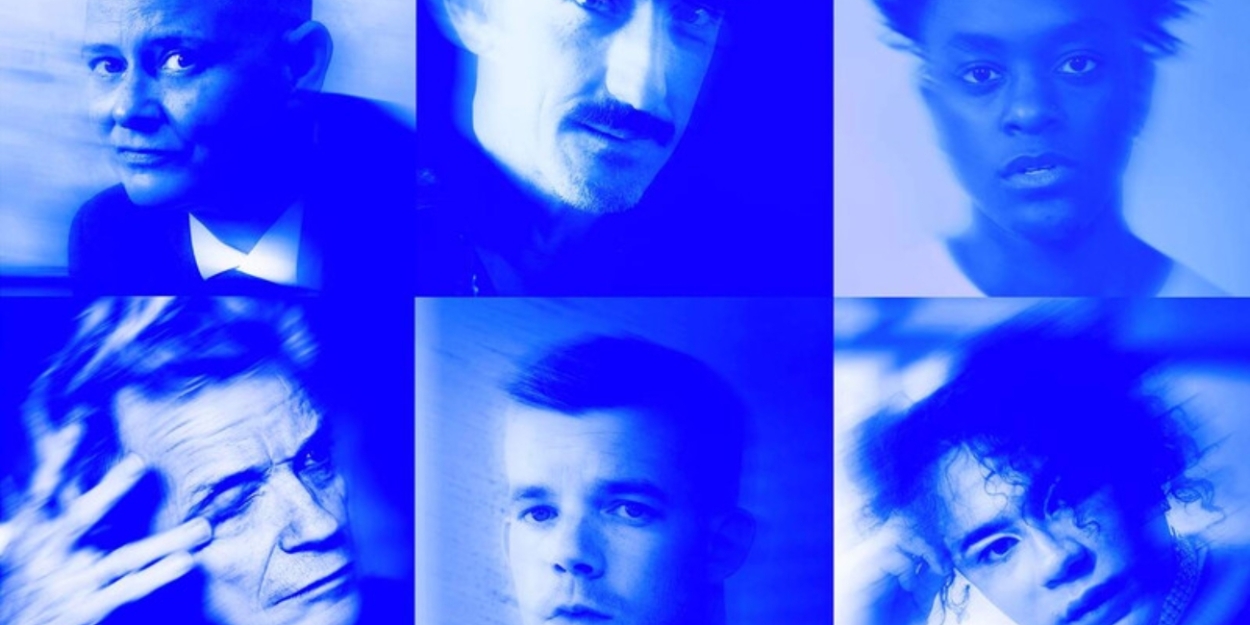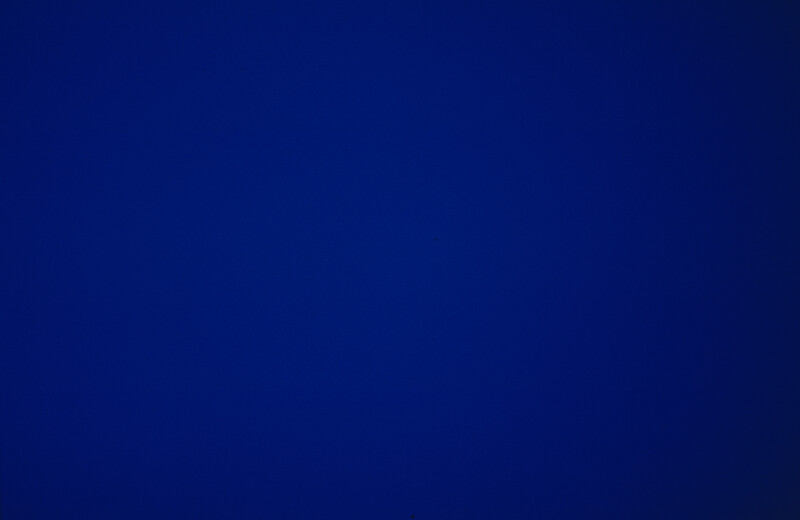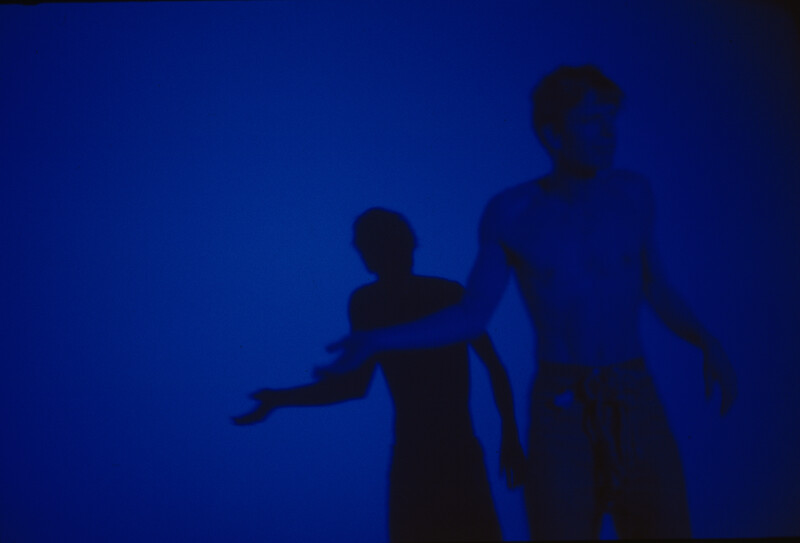Review: BLUE NOW, Southbank Centre
A moving reimagining of Derek Jarman's film

A film made up of purely one colour may not sound like much, but Derek Jarman’s Blue is a rich, intricate tapestry, and a landmark piece of queer filmmaking. For World AIDS Day 2024, the film has been reimagined as a live performance, with the voices of queer actors and poets, and a new live score.
Originally released in 1993, Blue was Jarman’s final film before his death from HIV/AIDS. Over the top of a constant, deep blue screen, voices of his friends and collaborators speak of everyday life with the virus, occasionally shifting into an otherworldly poetry of skies and rivers. Director Neil Bartlett has breathed new life into the film, with these voices now performed live by actor Russell Tovey, writer/performer Travis Alabanza, and poets Jay Bernard and Joelle Taylor.

The result is a poignant meeting of past and present. The queer performers on stage mostly belong to a post-AIDS generation, but in lending their voices to Jarman’s words, they remind us that any one of us could have been affected by the epidemic. Blue Now has been rescored by original composer Simon Fisher Turner – it adds weight to the piece to have one of its original creators see it through to this new edition, in the felt absence of its writer. Lucy Railton also contributes a gorgeous live performance on the cello, with quivering accuracy and chilling depth.
Blue Now is a mesmerising performance: the titular shade casts an eerie shadow upon the readers, as the screeches, beeps, and shudders of the sound design invite us viscerally into Jarman’s life. Each of the cast contributes something unique: the combination of actors and poets means the words are handled deftly in terms of both emotion and rhythm. Bartlett divvies up the script smartly between them, with moments of unison and echo adding extra gravitas. It's no easy feat to tell a story - a life - so vividly using voices alone, but this cast, under Bartlett's direction, provide colour, vulnerability, and energy in spades.

The somewhat modest screen in the Queen Elizabeth Hall does mean that the film itself sometimes gets forgotten, as it’s easier to watch the cellist or the BSL interpreter; it would perhaps be a more immersive experience were the blue more overpowering. The moments where the flashes of blue in Jarman’s vision are directly evoked thus carry extra value in this production, tying its various components together.
Kudos must to go to Bartlett, Tovey and producer James Mackay for making this event happen: such a delicate mixing of film, drama, poetry, and music takes skill in all departments, and each is perfectly pitched to create something that sits on the line between a memorial and a performance.
Often grim, and not shying away from despair, Blue Now may not be the most enjoyable performance, but it is nonetheless an important and enriching one. Steeped in detail and full of heart, it’s a thoughtful act of remembrance that also speaks to the future, as it brings together timeless themes of mortality, community, and queerness.
Cover Image Credit: Basilisk Communications
Blue Now ran for one night only at Southbank Centre as part of a UK tour
Reader Reviews
Videos

